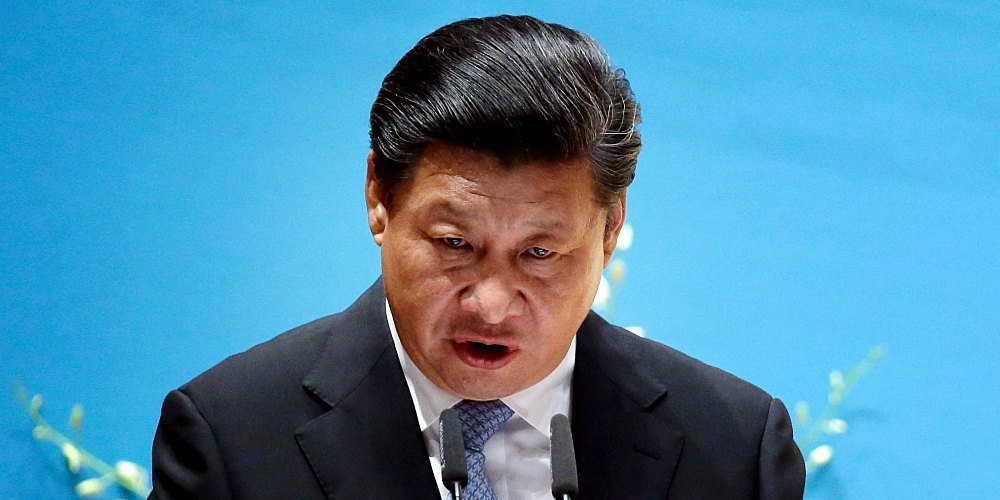![]() (DCNF)—The United States launched a probe into China’s semiconductor industry on Monday with just weeks remaining in President Joe Biden’s term.
(DCNF)—The United States launched a probe into China’s semiconductor industry on Monday with just weeks remaining in President Joe Biden’s term.
The U.S. Trade Representative (USTR)’s office announced it was launching an investigation into China’s “acts, policies, and practices related to targeting of the semiconductor industry for dominance.” China largely dominates the semiconductor market, with Chinese semiconductors being used in various applications such as industrial machinery and military equipment.
China uses “extensive anti-competitive and non-market means, including setting and pursuing market share targets, to achieve indigenization and self-sufficiency,” the U.S. alleges. The announcement also accused China of certain policies and practices “undermining the competitiveness of American industry and workers.”
The announcement accused China of seeking “to dominate domestic and global markets.”
“This investigation underscores the Biden-Harris administration’s commitment to standing up for American workers and businesses, increasing the resilience of critical supply chains, and supporting the unparalleled investment being made in this industry,” Trade Representative Katherine Tai said in the press release.
China — whose semiconductor market size was valued at $179.48 billion in 2023 — is expected to account for nearly half of all new capacity to manufacture mature-node semiconductors over the next three to five years, according to a December report from the Department of Commerce’s Bureau of Industry and Security (BIS).
Coffee the Christian way: Promised Grounds
China has a long-standing pledge to achieve “reunification” with Taiwan. The U.S. ordered Taiwan Semiconductor Manufacturing Co (TSMC) to halt shipments of advanced chips used in AI applications to China, Reuters reported in November. TSMC notified the U.S. in October that one of its chips had been found in a Chinese AI processor, according to Reuters.
The USTR’s investigation comes amid escalating trade tensions between the U.S. and China. The BIS announced on Dec. 2. a package of rules designed to reduce China’s capability to produce advanced semiconductors. China swiftly retaliated against the new set of rules by announcing an export ban on certain minerals and materials critical to producing items such as semiconductors and batteries.
President-elect Donald Trump has vowed to impose sweeping tariffs on imported goods when he returns to the White House in January 2025, including on goods imported from China. The U.S. implemented various tariffs against Beijing during Trump’s first term as part of a contentious U.S.-China trade war.


